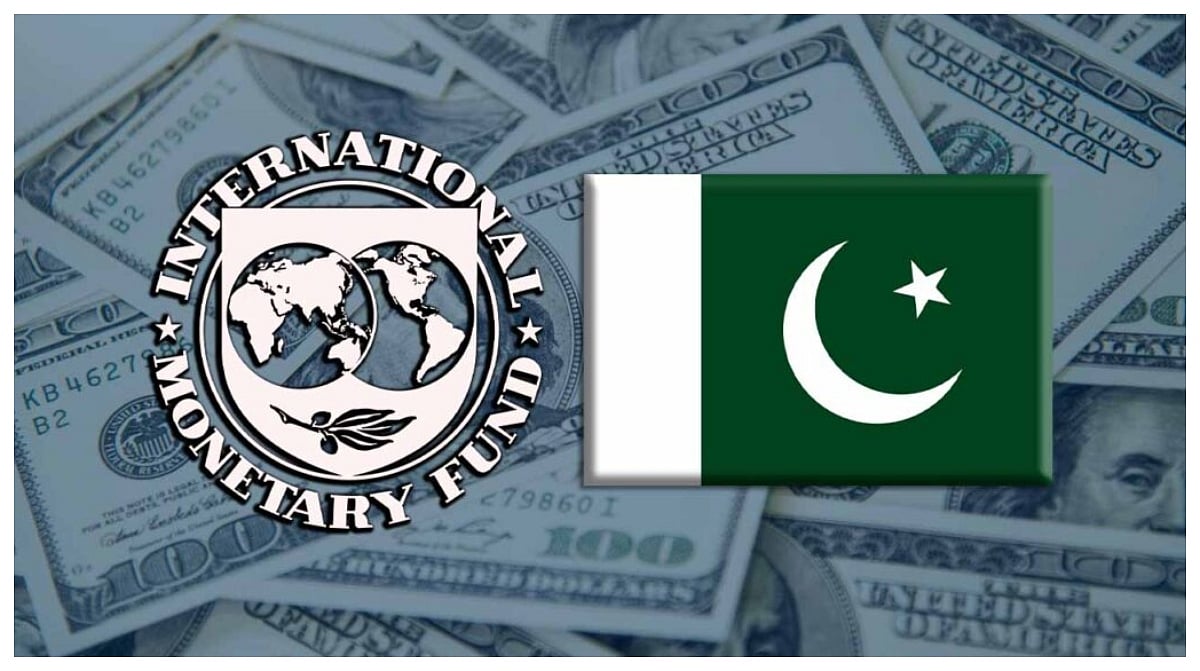Recently, Delhi University's Academic Council meeting made a wide range of changes in the current syllabus of many courses. A major change and major topic of discussion was the removal of Muhammad Iqbal, the writer of the song that became an anthem against British rule, Saare Jahan Se Achchha.
Iqbal was part of the BA Political Science Syllabus taught in the final semester paper called Indian Political Thought II (IPT 2) or Modern Indian Political Thought. This paper comprises various thinkers and philosophers of Modern India, such as Pandita Ramabai, BR Ambedkar, Mahatma Gandhi, VD Savarkar, etc.
A statement from the office of DU Vice-Chancellor read, “Allama Iqbal was dropped from the Political Science syllabus during the discussion on the undergraduate course in the 1014th Academic Council meeting of the University of Delhi. Presiding over the meeting, Vice Chancellor Prof Yogesh Singh said that those who laid the foundation to break India should not be in the syllabus. The Vice-Chancellor’s proposal was unanimously passed by the House.”
This is sheer prejudice against the great poet. Rafiq Zakaria wrote in his book Iqbal: The Poet and the Politician that though Iqbal failed quite miserably as a politician, his vision as a poet-philosopher was all-encompassing. Iqbal proposed the creation of a Muslim province within the Indian federation, comprising the Muslim-dominated areas of Punjab, North-West Frontier, Sindh and Baluchistan in his 1930 presidential address at the Allahabad session of the Muslim League. He never demanded a separate home for Muslims outside India. Neither did he include the Indians of Bengal or Central India. Even before Iqbal, Lala Lajpat Rai had written a series of articles supporting the creation of a separate Muslim state within India, composed of the Muslim-dominated North-West provinces.
The problem with the current “intelligentsia” is that Iqbal hasn’t been read comprehensively. You cannot cherry-pick a few passages, couplets and references from his oeuvre and create an incomplete picture of his poetic persona and patriotic fervour. If you viciously and willfully choose these two couplets to prove that he was anti-Hindu, then you'll never understand his greater and much more exalted philosophy. Let me quote his two much-maligned asha’ar (the plural of a sher or couplet) from his slim but sublime book Shikwa (The Complaint/s):
Rahmatein hain teri aghiyaar ke kashanon par
Barq girti hai toh bechare Musalmanon par
(Your grace falls on the abodes of the outsiders/ Alas, blitzkrieg always strikes the hapless Muslims)
And this one,
Tujh se pahle ajab tha jahan ka manzar
Kahin ma’abood thay patthar kahin masjood shajar
(Before you, the world was so primitive and weird/ Stones were being worshipped and trees were being consecrated).
Now “neo-interpreters”, not knowing Urdu and Persian, are interpreting and inferring that Iqbal panned Hinduism and its sacred symbols and totems.
They forget that the same Iqbal wrote:
Zahid-e-tangnazar ne mujhe kafir jaana
Aur kafir ye samajhta hai ke Musalmaan hoon main
Ae chashme-udoo mujh ko hiqarat se na dekh
Jis pe qudrat ko hai naaz woh insaan hoon main
(The parochial wise man thought that I was an infidel/ And the infidel thinks that I'm a Muslim/ Please don't look at me with contempt/ I’m a human that even Nature is proud of).
It must be noticed that here, Iqbal doesn't even say god / Khuda but writes Nature and doesn't mention Hindu or Muslim, only a Human!
Throughout his life, Iqbal’s emphasis remained on Being Human and God Within.
Being Human: Iqbal exhorted humans to be aware of their azmat-e-nihaan, inner greatness, so much so that even God appreciates that and approves of it, because He wanted the human to become insaan from aadmi. It's an Arabic mystical concept — when aadmi becomes an insaan. Aadmi is one who breathes (aa + dam, breath), lives and dies, but insaan, derived from the Arabic word ‘uns’, meaning ‘love’, is one who realises his true potential and becomes a loving creature, full of love for all. That is and should be the goal of every individual, irrespective of caste, class, creed, continent, colour, culture, civilisations, and contours, because the universal truth is the same in all creations.
God Within: Iqbal further says, “Haqeeqat ek hai har shai ki khaaki ho ya noori/Lahoo khursheed ka tapke agar zarre ka dil cheerein” (The ultimate truth of all is the same, whether earthly or heavenly/The blood of sun will ooze when you cut the heart of a particle open.)
When all humans will realise the “god within”, all of existence will be blissful and Elysian happiness will prevail forever. Like the English poet William Blake, Iqbal wants humans to “cleanse the doors of perception” to see things as they are. In other words, his immortal couplet is a motivational booster for the entire mankind.
Such a sublime poet, yet we have failed to comprehend his universal vision and pigeonholed him into a religio-sectarian compartment. There cannot be a bigger tragedy than this.
Sumit Paul is a regular contributor to the world’s premier publications and portals in several languages.






